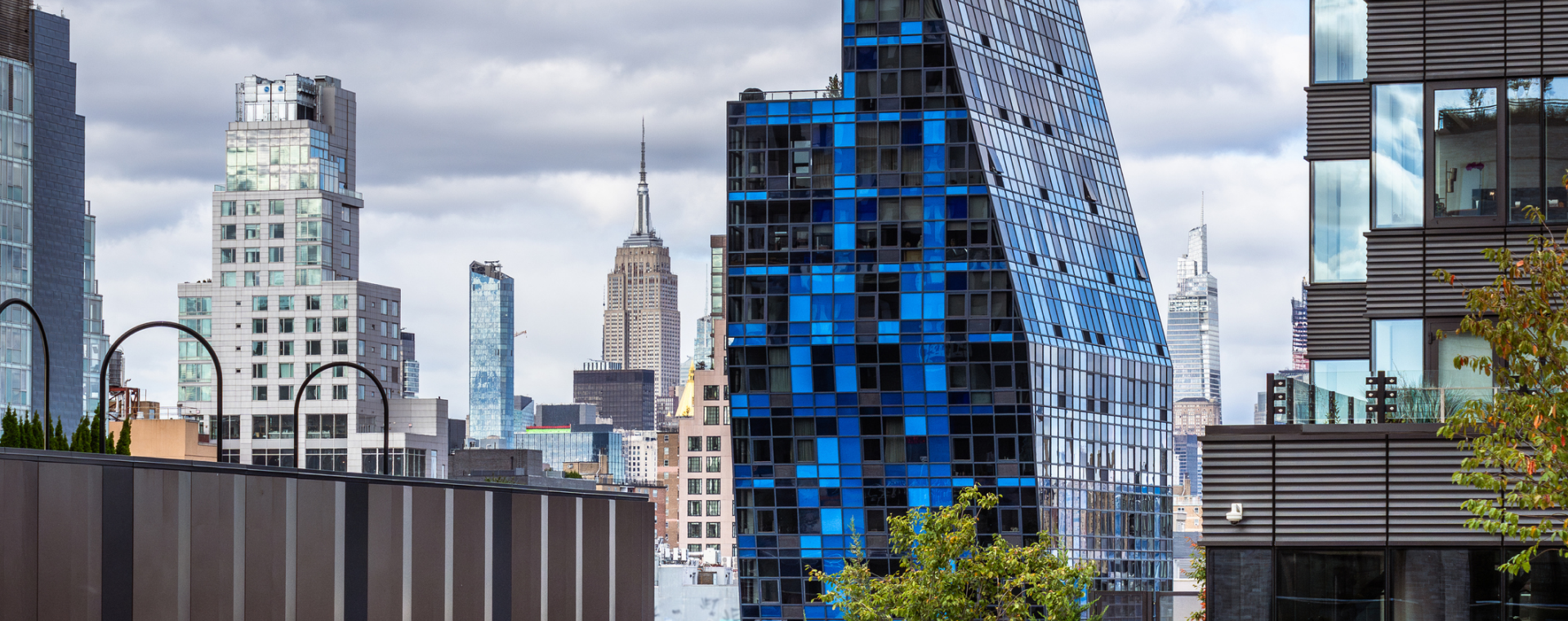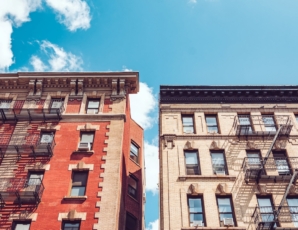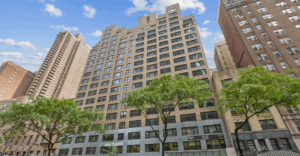Disclaimer: The contents of this article are industry best practices which were sourced from StreetEasy data and interviews with our Agent Advisory Board, unless noted otherwise. Any scripts provided are only meant to act as examples and are not required. Nothing in this presentation is intended to be legal advice. For specific questions about any duties or obligations arising out of a real estate transaction, check your local and state licensing laws and regulations, contact your broker, or an attorney.
As an agent in New York City, getting into new development can be a smart move, especially if a sponsor (the owner and developer of a building) hires you to market multiple units. After all, brand new apartments often come with higher price tags — and potentially bigger commissions for you. And with recent housing policy changes in NYC, we may see a surge in new residential buildings soon.
So how can you get into new development as an agent? Here’s what you need to know about working with new construction versus resales, plus tips for getting your foot in the door with sponsors.
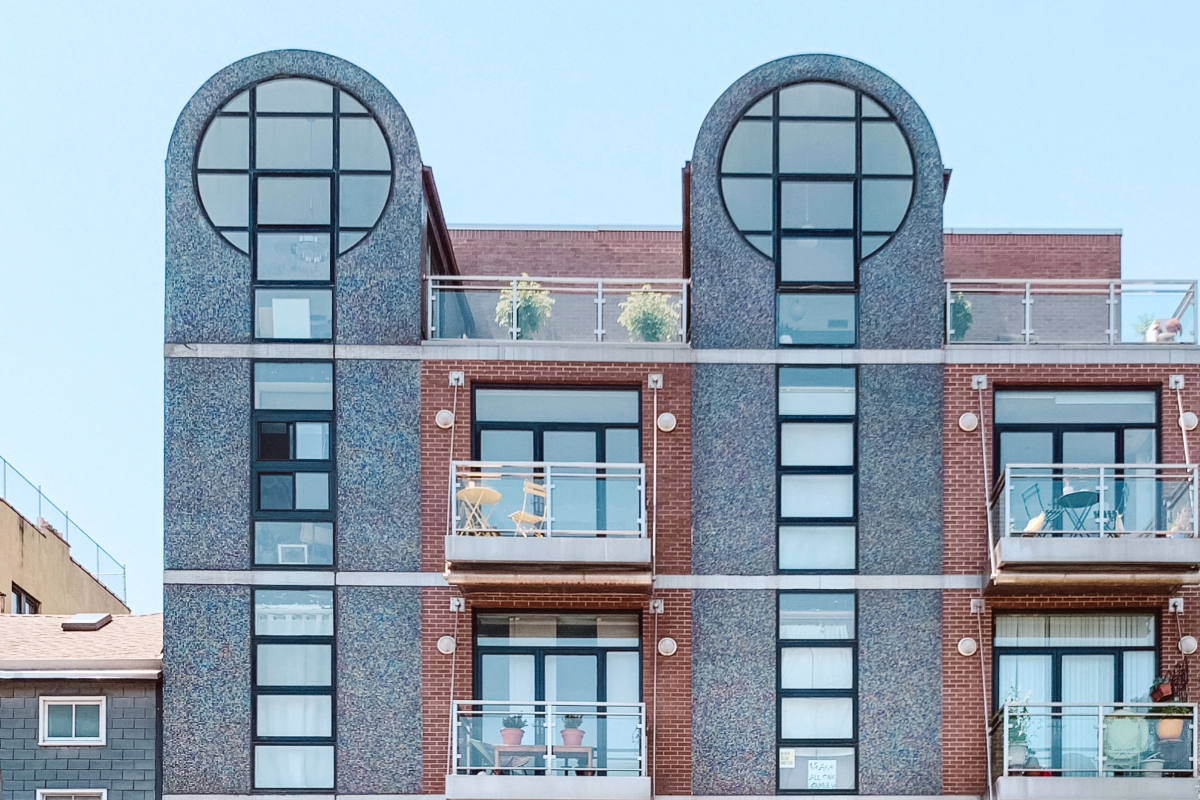
Differences between new developments and resales
New development buyers are getting a brand new apartment in a brand new building — not to mention access to amenities that older buildings may not have. In some cases, they may even be able to customize their unit. As a result, new developments tend to be more expensive than resales.
Here are a few other notable differences you should know:
Closing costs
Closing costs for new developments tend to be a few percentage points higher than those for resales. This is because new development buyers may need to pay transfer taxes, as well as working capital contribution, the sponsor’s real estate attorney fees, and sometimes a portion of the resident manager’s unit.
Time to close
Resales can take two to three months to close, while the closing period for a new development varies, especially if you secure a deal in the pre-construction phase. Also, don’t be surprised if a closing is delayed due to paperwork issues or construction setbacks.
Transfer taxes
With resales, the seller typically pays the transfer taxes. But with new developments, buyers are sometimes expected to pay them, especially if it’s a sponsor unit. However, depending on the market and the developer’s needs, the sponsor may offer to pay the transfer taxes as a negotiation strategy to sell more units.
Board approval
If a resale is a co-op, it often requires a laborious board approval process for the new buyer. New developments, however, tend to be condos, so the approval process is much simpler.
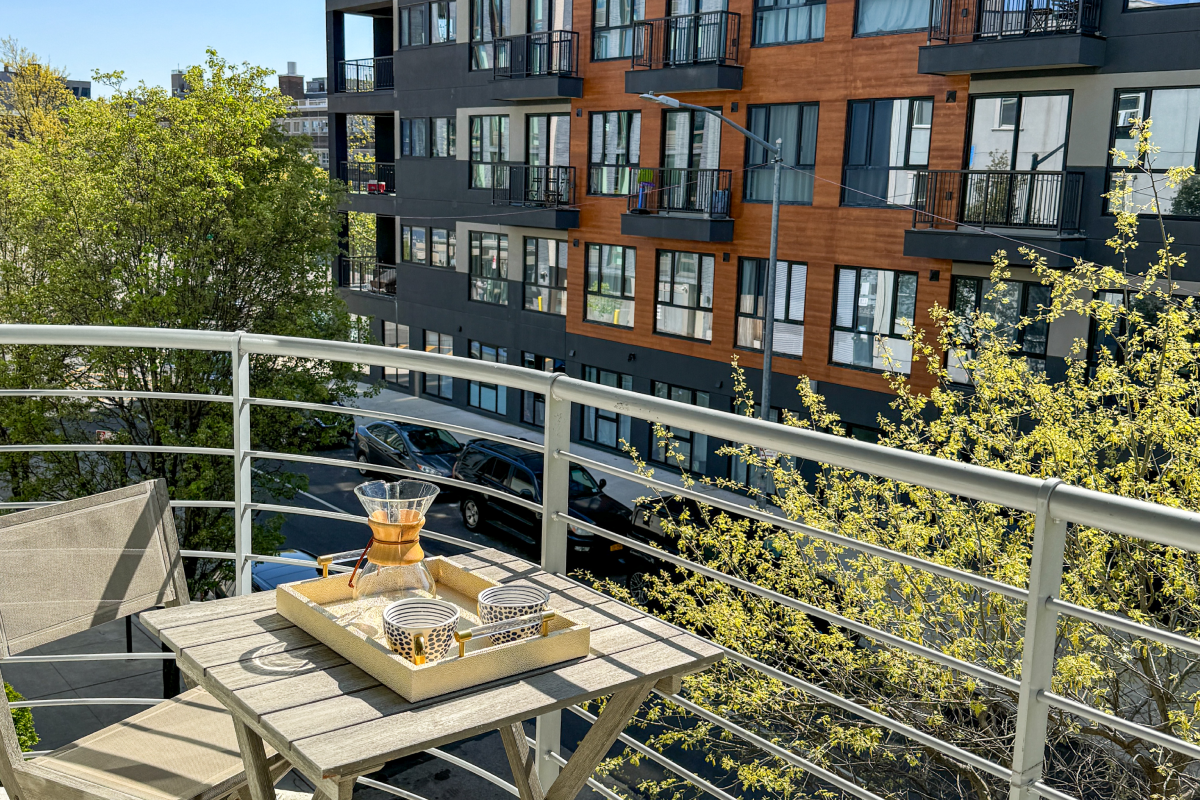
Areas of negotiation to know for new developments
If you’re representing a buyer purchasing a new development, take note that it can be difficult to get a sponsor to come down on their asking price. After all, a lower price-per-square-foot could impact their future unit sales. There are exceptions, though, like early bird pricing for the first batch of units or a tough market pushing the developer to bring prices down.
That said, there are other aspects you can negotiate on behalf of a buyer, including:
- Unit customizations: If you negotiate early enough in the construction process, you may be able to secure custom alterations to the unit for your buyer clients. Consider letting clients know which customizations could help drive up the unit’s resale value in the future.
- Taxes and common charges: It’s not unheard of for sponsors to offer to cover these expenses for a year or two after purchase.
- Financing contingencies: The closer you are to closing, the better chance you have of getting a sponsor to agree to a financing contingency.
- Other taxes and fees: As mentioned, you may be able to get the sponsor to cover some or all of the transfer taxes, the mansion tax (if the property is $1 million or more), or even certain title-related fees.
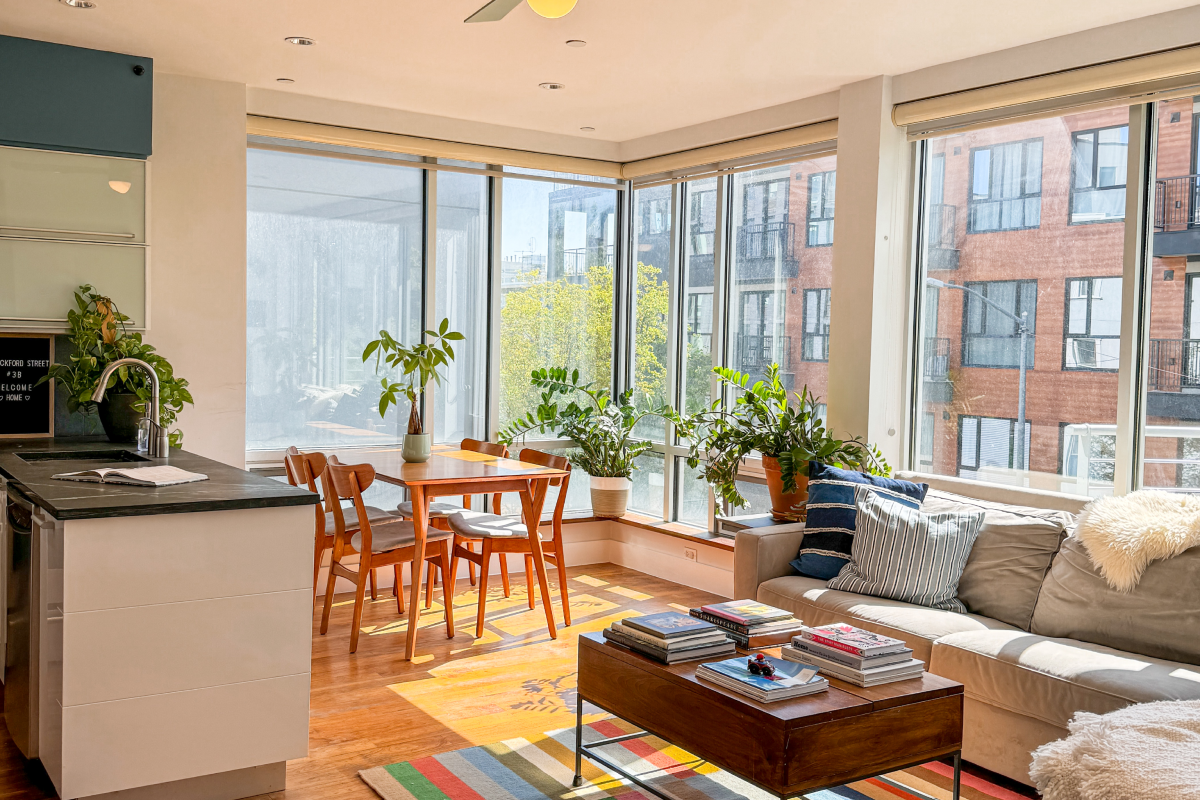
Tips for representing buyers in new development purchases
If a buyer is interested in a new development, consider having them let you handle communications with the developer from the start. If a buyer goes to the sponsor directly, there’s a chance it could impact your commission.
It’s also a good idea to research the sponsor’s past residential projects to see if their buildings are high-quality, finished on time, and within budget. Poor development practices can lead to frustrating unit defects — and potentially lawsuits if your client takes the sponsor to court over them.
Also, let your client know if the sponsor has preferred lenders. Other lenders may refuse to finance a new development purchase until a certain percentage of the units are sold.
Lastly, take a very close look at the renderings and listing photos. They’re meant to be representative, and may not depict the true final product. Rely on the renderings to convey things like amenities, unit features, specifications, and measurements.
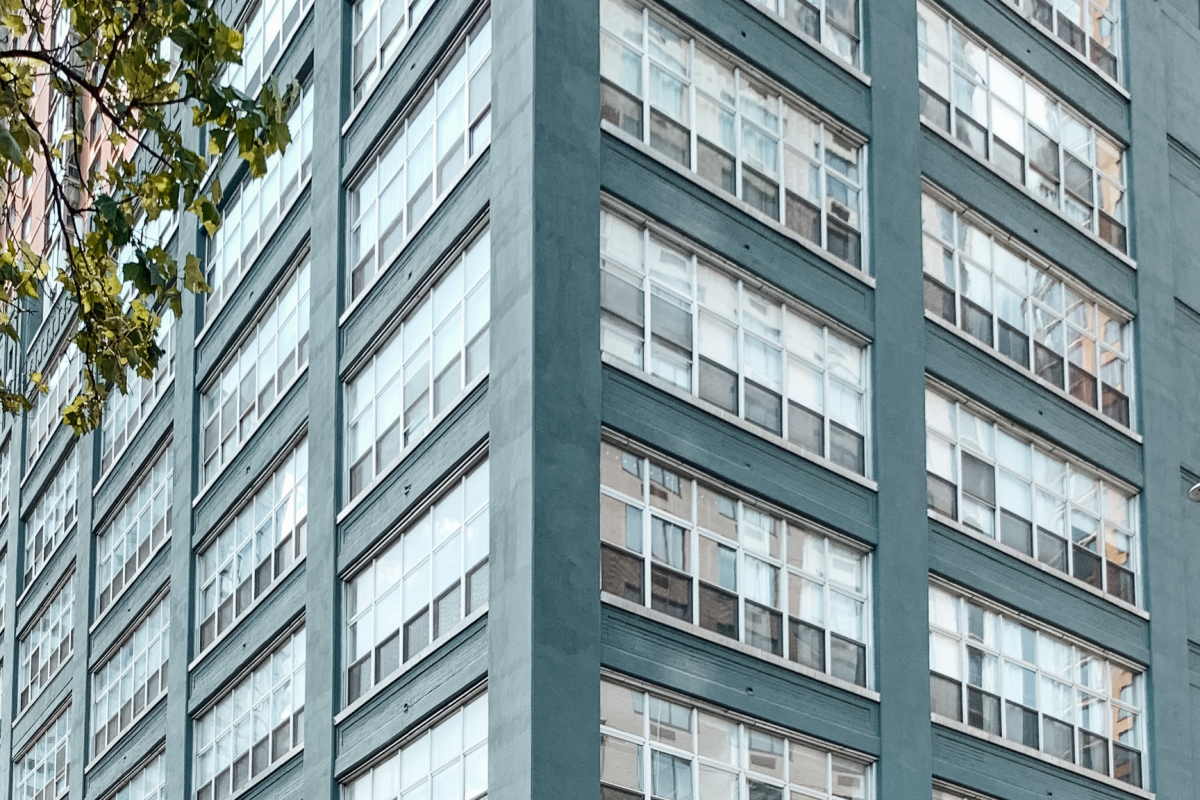
How to break into new development
If you’re looking to work directly with sponsors, a great way to start is by representing buyers purchasing new developments. This can help you get a feel for the construction process and rub elbows with on-site listing agents and developers. If you build relationships with sponsors now, they may be more likely to think of you for future projects, or other buildings they’re currently working on.
Remember that sponsors are looking for listing agents who have the knowledge and experience needed to sell units. Before pitching your services, you may want to research the developer and their current and past projects, as well as the neighborhood and recent NYC market trends. You can use StreetEasy’s Data Dashboard and market reports to stay informed, so you can offer tailored advice and put your best foot forward.
